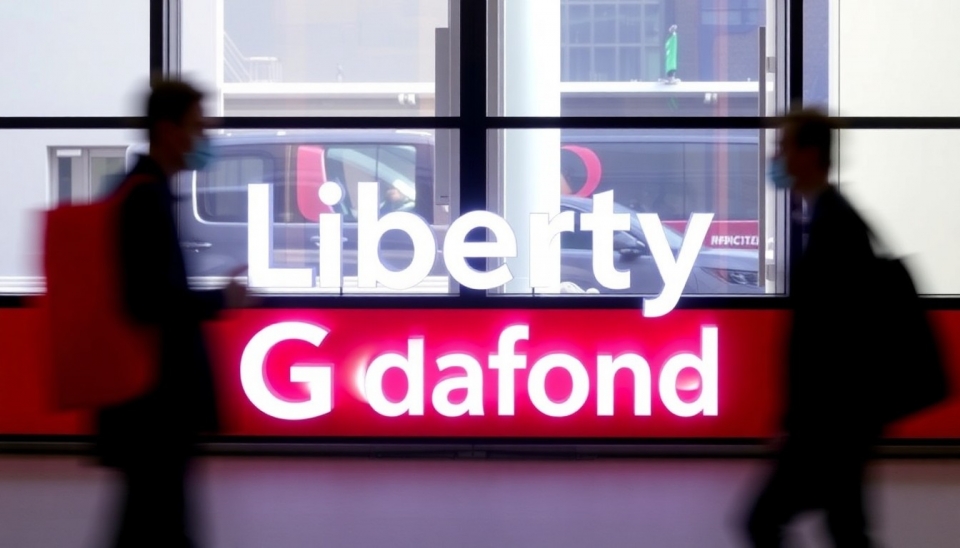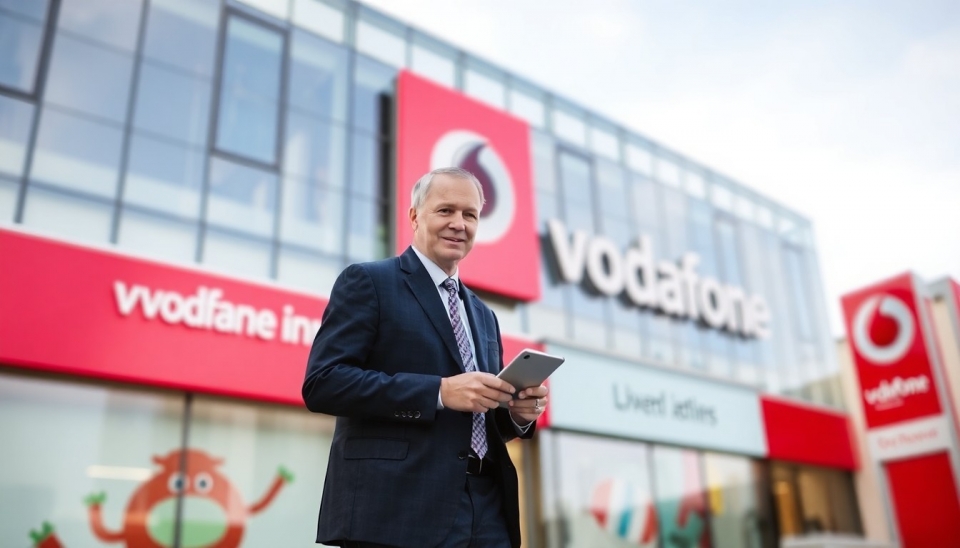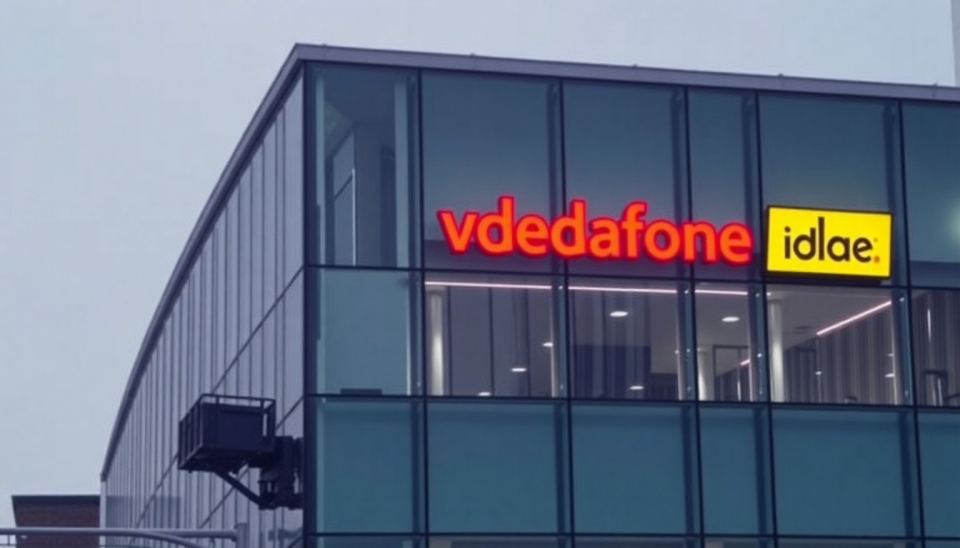
In a transformative moment for the telecommunications industry, Vodafone Group Plc has finalized a significant deal to merge its operations with the Liberty Global unit. This partnership, while monumental, also casts a revealing light on current attitudes toward large-scale mergers and acquisitions within the sector. Analysts suggest that this deal could pave the way for a wave of similar initiatives, potentially diminishing the resistance that once hindered such large consolidations.
The deal, valued at approximately $11 billion, allows Vodafone to strengthen its position in the increasingly competitive European telecommunications market. This merger not only aims to enhance operational efficiencies but also to better position Vodafone to tackle growing competition from tech giants entering the telecommunications space. With the ongoing digital transformation, companies in the sector are under pressure to adapt swiftly and effectively, leading to a rush towards consolidation.
Insiders believe that this merger could be indicative of a broader trend emerging among regulators, who are now seemingly more amenable to large mergers compared to previous years. Historically, there has been significant pushback against major consolidations due to concerns over reduced competition and potential monopolistic behaviors. However, with the current economic landscape and changing consumer demands, government bodies may be re-evaluating their stance to encourage industry growth through collaboration rather than fragmentation.
Vodafone's leadership expressed optimism about the potential benefits of the merger, emphasizing that it would enable the combined entity to invest significantly in network improvements and innovations. This is particularly crucial as customer expectations continue to rise regarding service quality and digital capabilities. As the telecom landscape evolves with the advent of 5G and beyond, the importance of substantial capital expenditures cannot be overstated. Mergers like this could provide much-needed resources to fulfill these requirements.
Moreover, this deal reflects a strategic shift as companies navigate market pressures. Various telecommunications organizations are merging not just to survive but to thrive in a striving economy where agility and expansive coverage are critical. Analysts argue that this might lead to a series of similar transactions across the industry, heralding a new era where scale is viewed as essential for success.
Despite the optimistic outlook, experts caution that the integration process might not be seamless. Both companies have distinct cultures, operational methodologies, and consumer bases. Successfully merging these differences and creating a unified corporate identity will be a formidable challenge that could take considerable time and effort. The actual benefits of the merger may take a while to manifest, and stakeholders will be closely monitoring how Vodafone navigates the complexities of this integration.
In conclusion, Vodafone's latest move may indeed signal a new chapter for the telecommunications industry. As regulatory bodies adjust their perspectives toward big mergers and corporations strive to align themselves with evolving market dynamics, we are likely to witness an unprecedented wave of mergers that could reshape the competitive landscape of telecommunications as we know it.
#Vodafone #LibertyGlobal #Telecommunications #Mergers #Acquisitions #IndustryTrends #BusinessNews #5G #CorporateStrategy
Author: Liam Carter




